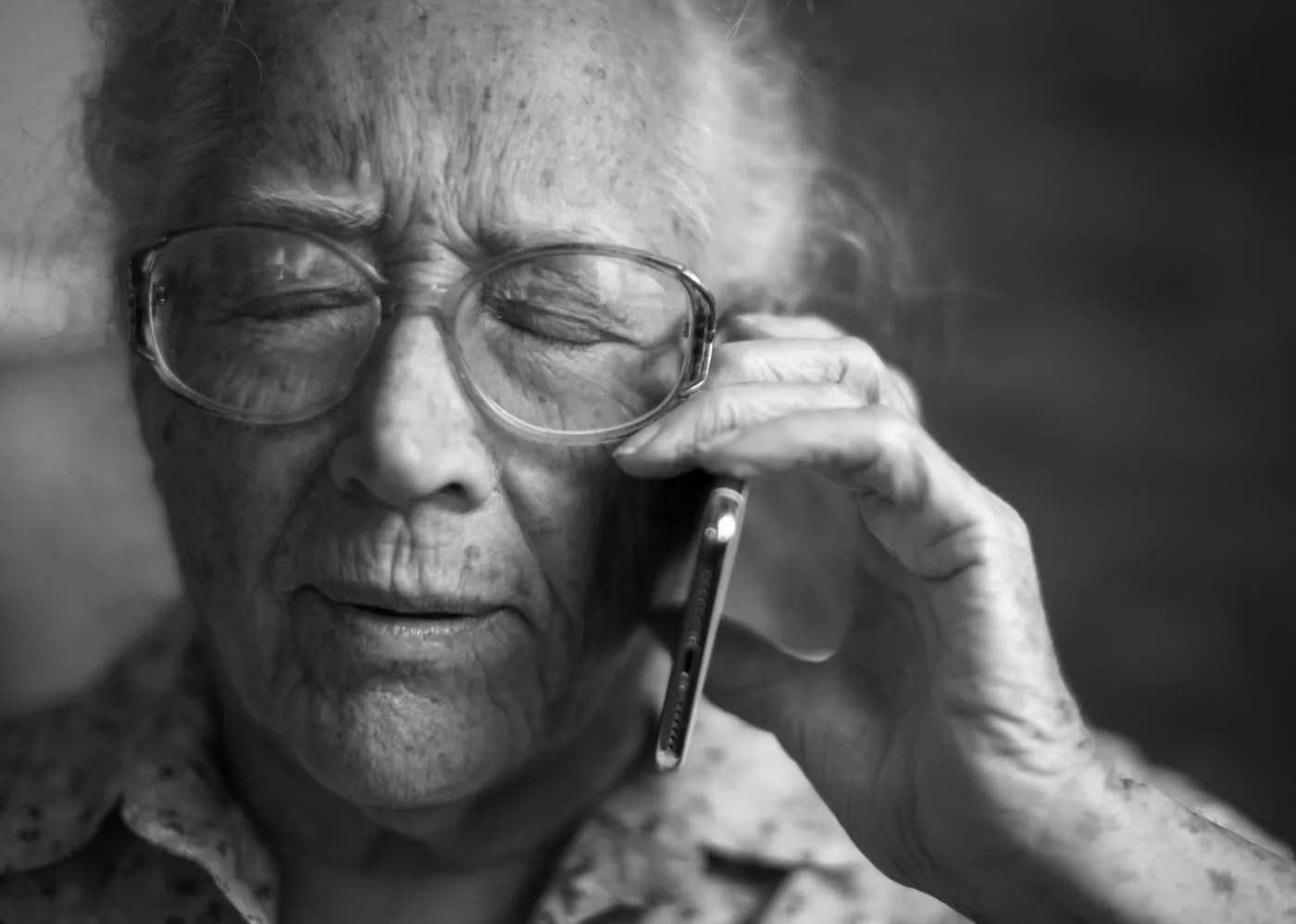A conversation can win hearts… but also crucial insight
When did you last have a really great, meaningful conversation via email or text? We use them to chat and to exchange snippets of humour and ideas all the time. But, our best conversations? They’re the ones when we can really express ourselves – the phone calls and the catch-ups over coffee.
As professional fundraisers we know there’s only so much we can say in written form and different channels will have their own place in a charity’s overall
strategy. We know how powerful a photograph can be when we allow an image to speak a thousand words for our cause, but the spoken word plays a hugely
important role in our everyday lives and relationships, carrying and enhancing emotions. For a charity, it can deepen our understanding of supporters, nurture
those relationships and engender passion, loyalty and support.
While we can’t always meet up with supporters for a chat, we can pick up the phone to them (providing we stick to a few simple rules), and the value of that
conversation can be immense for both sides.
Knowledge is power
The impact for a charity of talking one-to-one with supporters cannot be overstated. While what you say to them is of course important, the real value
comes from the bit you can’t script. And that is what the supporter says to you.
Importantly, in a two-way call the supporter gets the chance to ask questions about the charity’s work, how their money is used and how else they can help.
And through this part of the conversation, you can gain an understanding of their priorities and concerns, whether they feel valued and what they feel they gain
from supporting you.
Talking with supporters can help to ascertain if your charity has got its communications and fundraising strategies right by uncovering what they would
like to hear about and ways they would prefer to support you. It can help to identify if someone might be vulnerable. All hugely important insight that you
can act upon positively, and that you can’t easily get elsewhere.
Through listening to what they are saying, there’s also an opportunity to tailor that conversation to the individual, building a deeper connection. This might give you an opportunity to mention a relevant project or event, or to introduce different ways of giving or taking action. A genuine conversation can make all the difference.
“…I was so inspired by the conversation that I’ve just applied to volunteer. I just wanted to say how eye-opening that conversation was and how glad I am he rang.”
Charity supporterAdvertisement
Building deeper relationships
A good conversation that flows naturally can engage and foster positive feelings towards your organisation. When an existing supporter receives a call, more
often than not they appreciate the opportunity to give their viewpoint. It can help them feel a part of something good, to understand more about the charity’s
work and the people at the other end of the phone. This personal connection is so important in helping the supporter feel involved, needed and valued.
“I had a great conversation with an amazing woman. She hated getting a call for more money, so I asked for a quick chat and an update. As the conversation developed, we chatted about how amazing animals are and that I am from West Africa. She loved hearing how I grew up in a village and said she had never had a charity conversation like that before. So, she decided to increase her donation even though I didn’t ask her to again.”
Telephone fundraiser
On a more practical level, the speed of reaction from a conversation is also greatly beneficial. In just one day, you can establish how well your script is
working and change it to increase its effectiveness. As calls are recorded, you can always listen back and this is particularly important if there is a query about
whether someone might be vulnerable for example.
Getting it right

Smiling woman on the phone – photo: Pixabay
To ensure both sides benefit from a call, there are a few points to consider.
First, is there actually anything two-way about the dialogue you’re planning on having? If it’s just to share a simple update, other mediums may be more
appropriate. Work out then what you want to know from supporters and how you can use that insight. For example, you might be unsure as to whether people
really read and like your newsletter. Asking them could provide information you can use to change what you do.
Making sure you include lots of open questions in your call guide will ensure you give people a real opportunity to share their opinions. Feeding back is also
important – if supporters know their opinions are making a difference, they will feel more valued and engaged.
This exchange of views and information means that everyone gains. For charities, what is learned can be invaluable insight for future development, while
for the supporter, it shows them they matter and increases their feelings of warmth for your charity and its work. And let’s face it – there’s nothing more
likely to leave us smiling than a good chat!
Natalie Bailey is Client Services Director at NTT, a specialist charity communications agency working with organisations including Great
Ormond Street Hospital Children’s Charity, Dogs Trust and Macmillan Cancer Support.




